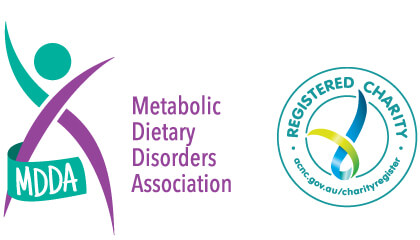
This is a time of anticipation and, if it is the first time your child will spend long periods of time out of your care, some concern. With pre-planning, children with PKU/IEMs can easily make this transition and keep their PKU/IEM well controlled. There needs to be ongoing support and communication between the family, school and the metabolic clinic team. The following suggestions are a guide for planning and discussing your child’s PKU/IEM management with the preschool or school. Your clinic may have a dietitian or nurse available to talk to the school to help in planning and provide information on PKU/IEM.
Questions about Starting School
More Helpful Resources

Sample Letters for School/Teachers & Parents of Classmates
Sometimes writing a letter/email to the school/teachers and parents of your child classmates can really help to start the communication and educate them on your child’s IEM.
If you are unsure what to write, we have two sample letters that can be downloaded.

IEM Kids School Stories
Hearing about other IEM kids experiences starting school can be helpful in a lot of ways. Mainly hearing about their experience can help reassure you that your child will have a regular school experience like any other kid, happy and healthy. It’s also a great way to get some tips on lunch box ideas and dealing with school challenges.
We have collected some of these stories from kids and parents in the MDDA community which you can read by clicking below!

Lunch Box Tips
One of the big things about going to school is what to pack in the lunch box. We have collected some of our communities best Low Protein Lunch Box Tips for School Starters and Back-to-School kids.

Online Patient Support Group Forum
The MDDA facilitate an online Patient Support Group Forum on Facebook that acts as a way for our community, who are located across Australia, to come together and support one another. The subject of school and transitioning into school is something that has been discussed on the Forum and people have shared some great advice that is truly invaluable.

A Parents Perspective
Sometimes hearing from another parent about their child’s school experience can be really helpful and offer a sense of relief that your child will also be able to have a regular happy and healthy school experience. One of our PeeKabU kids Caelan’s parents were kind enough to share their schooling experience with us where they talk about expectations and communication.
